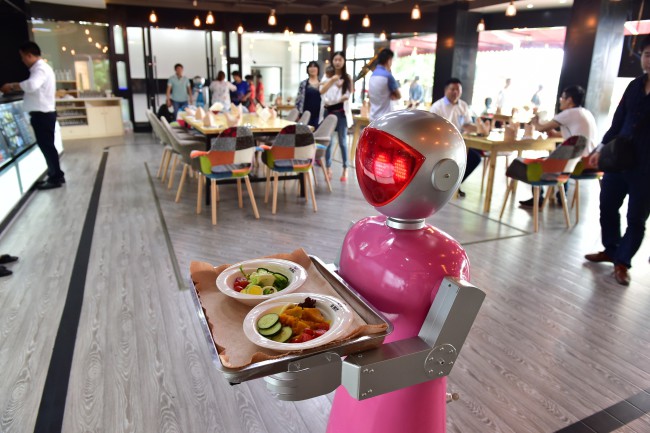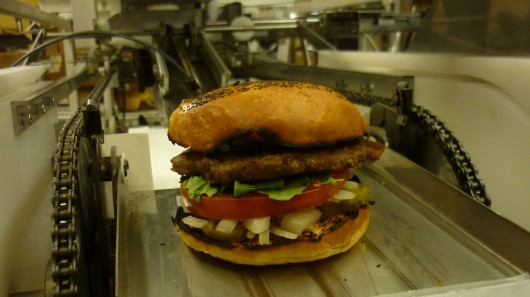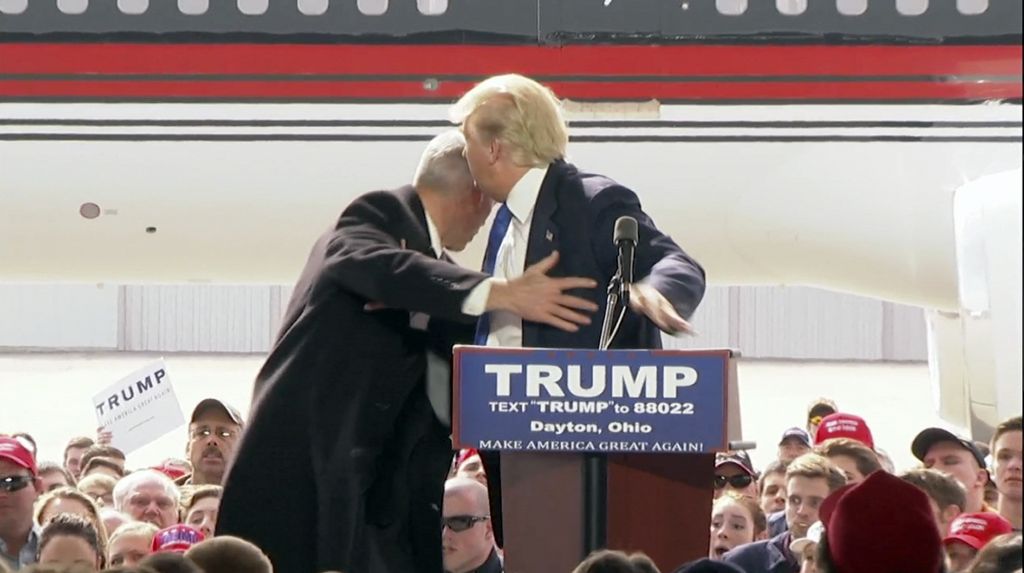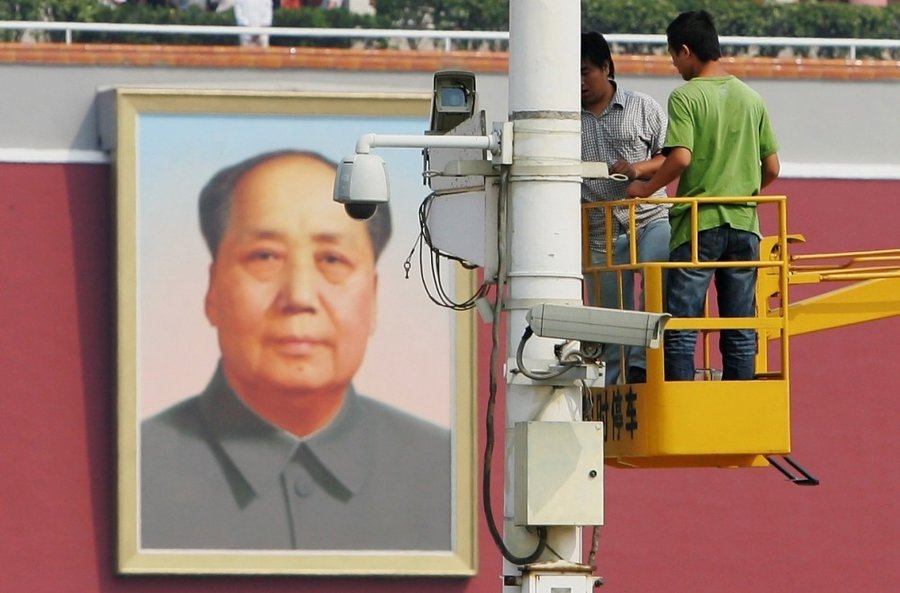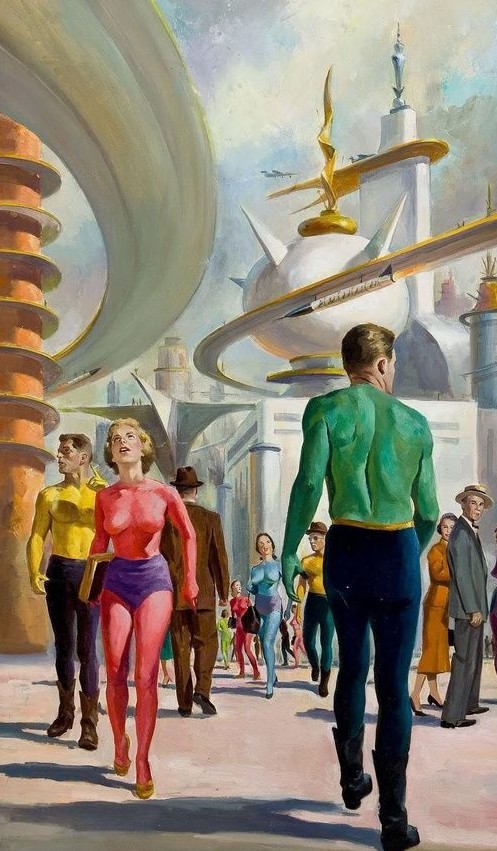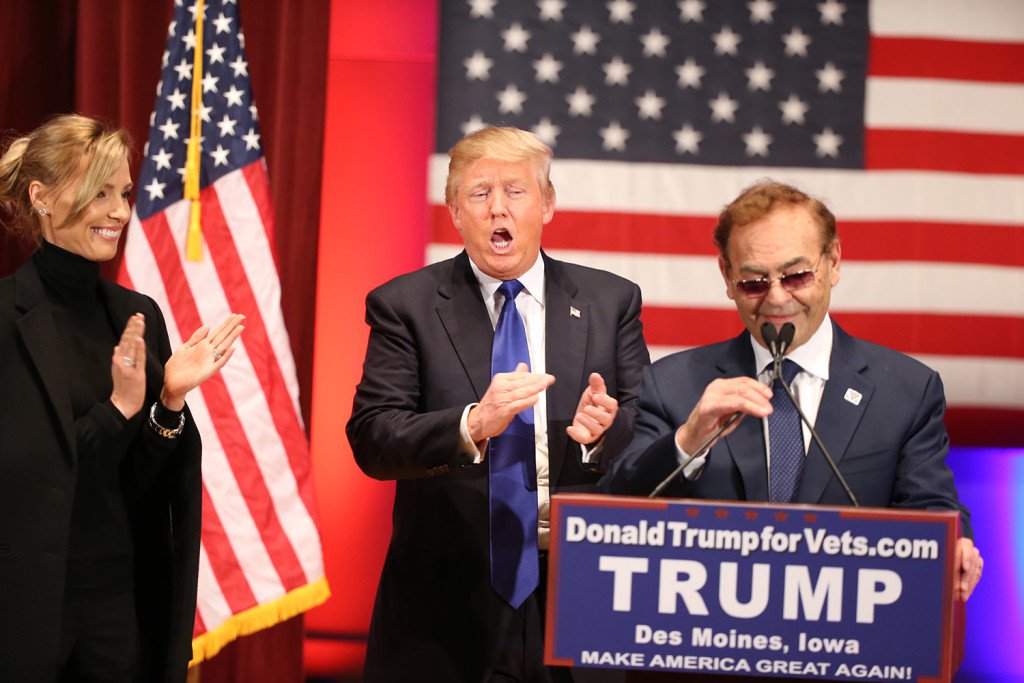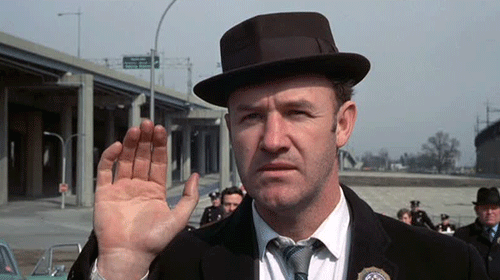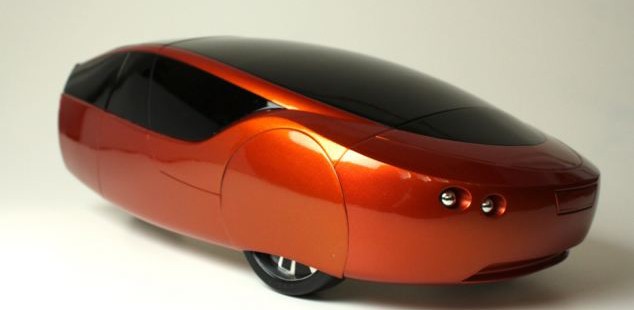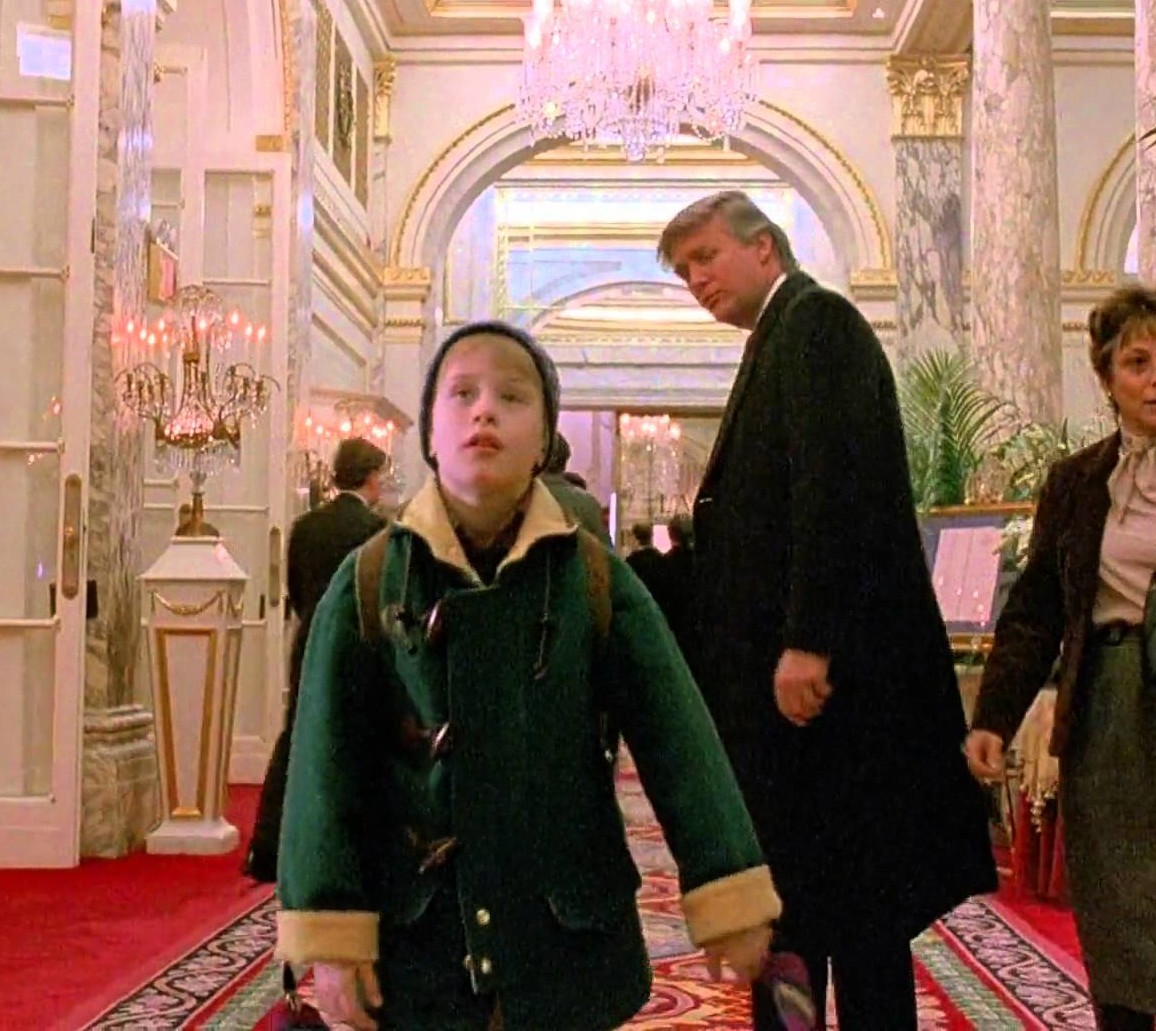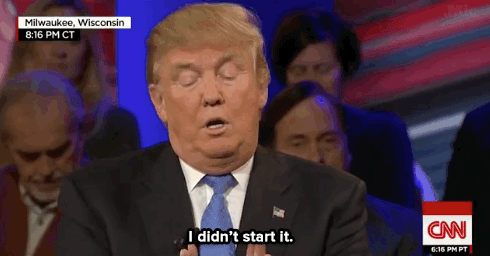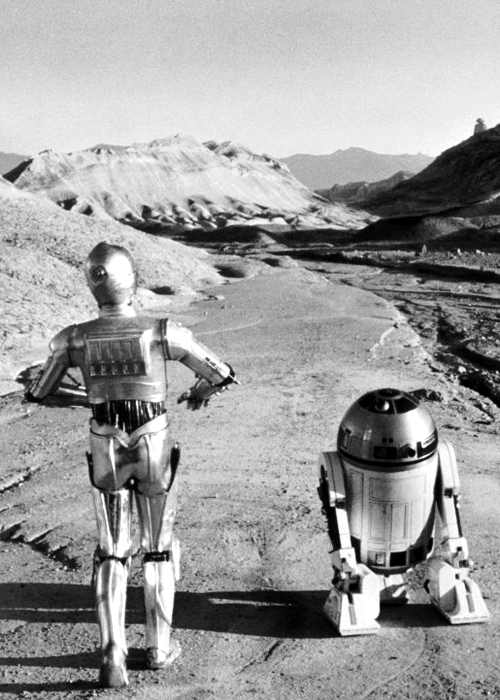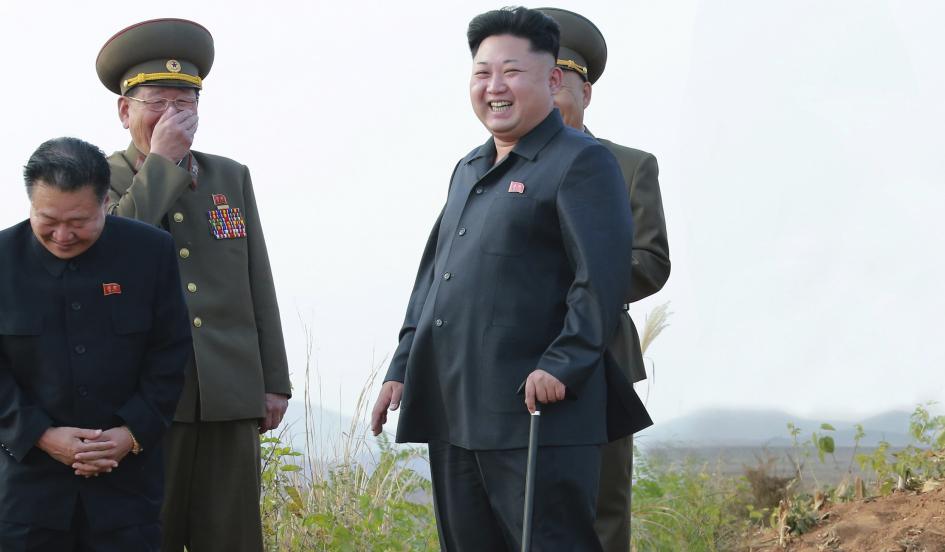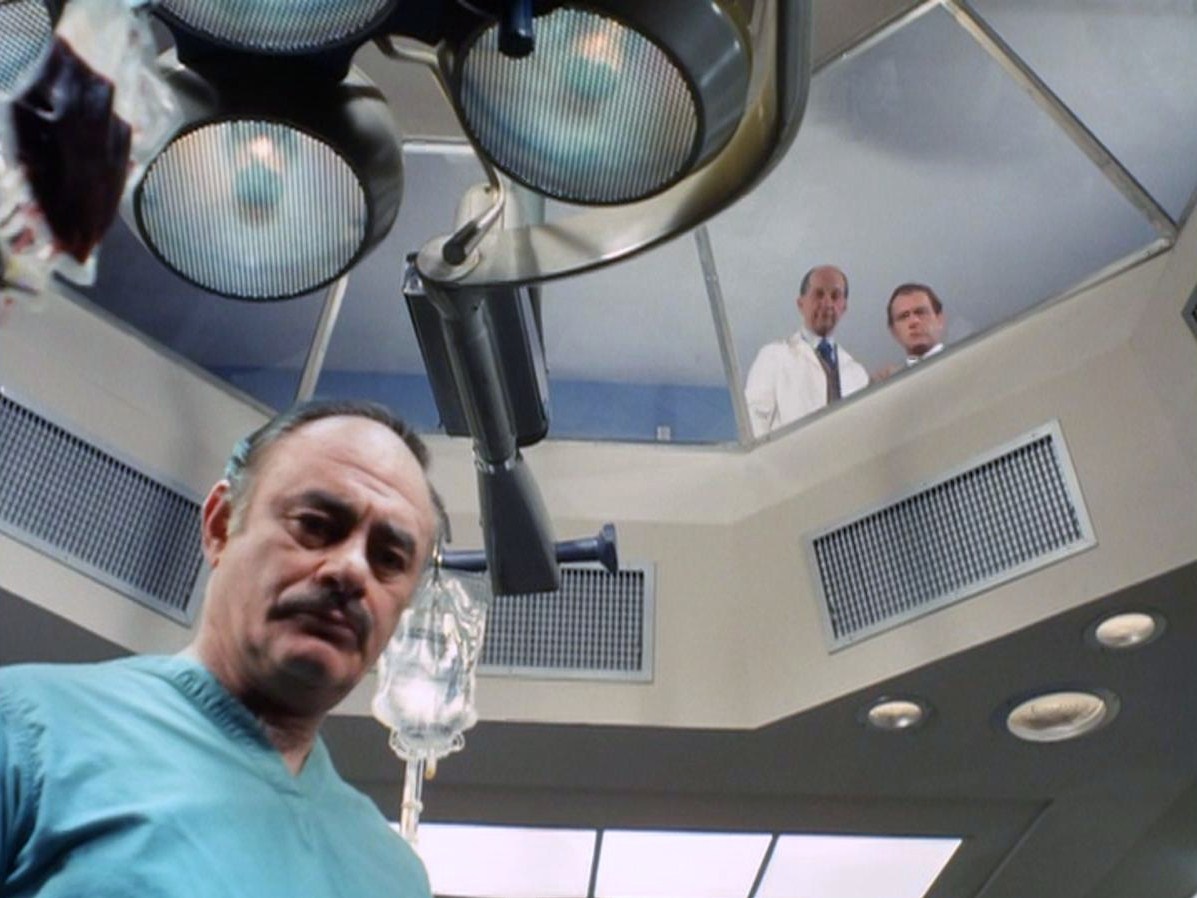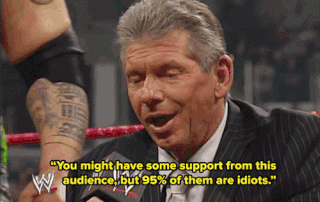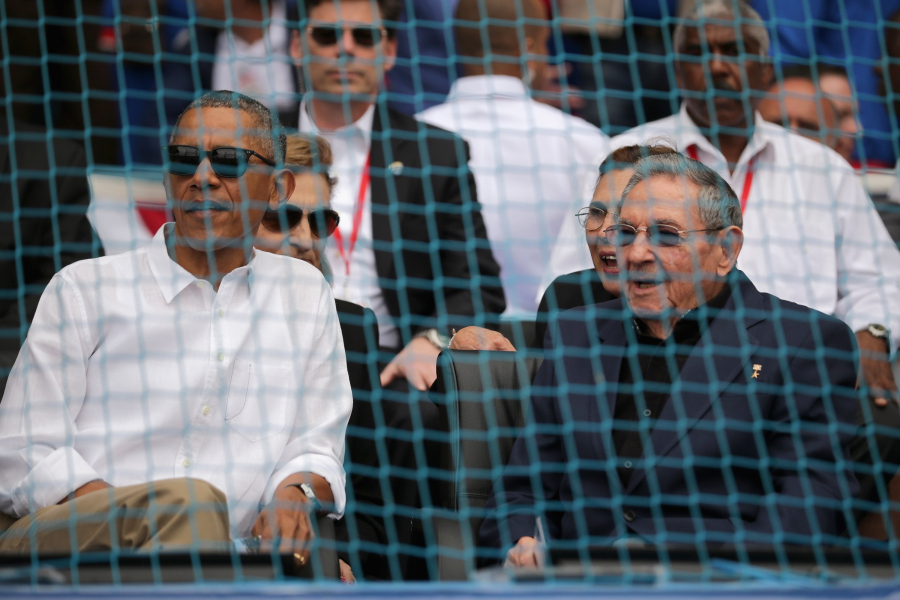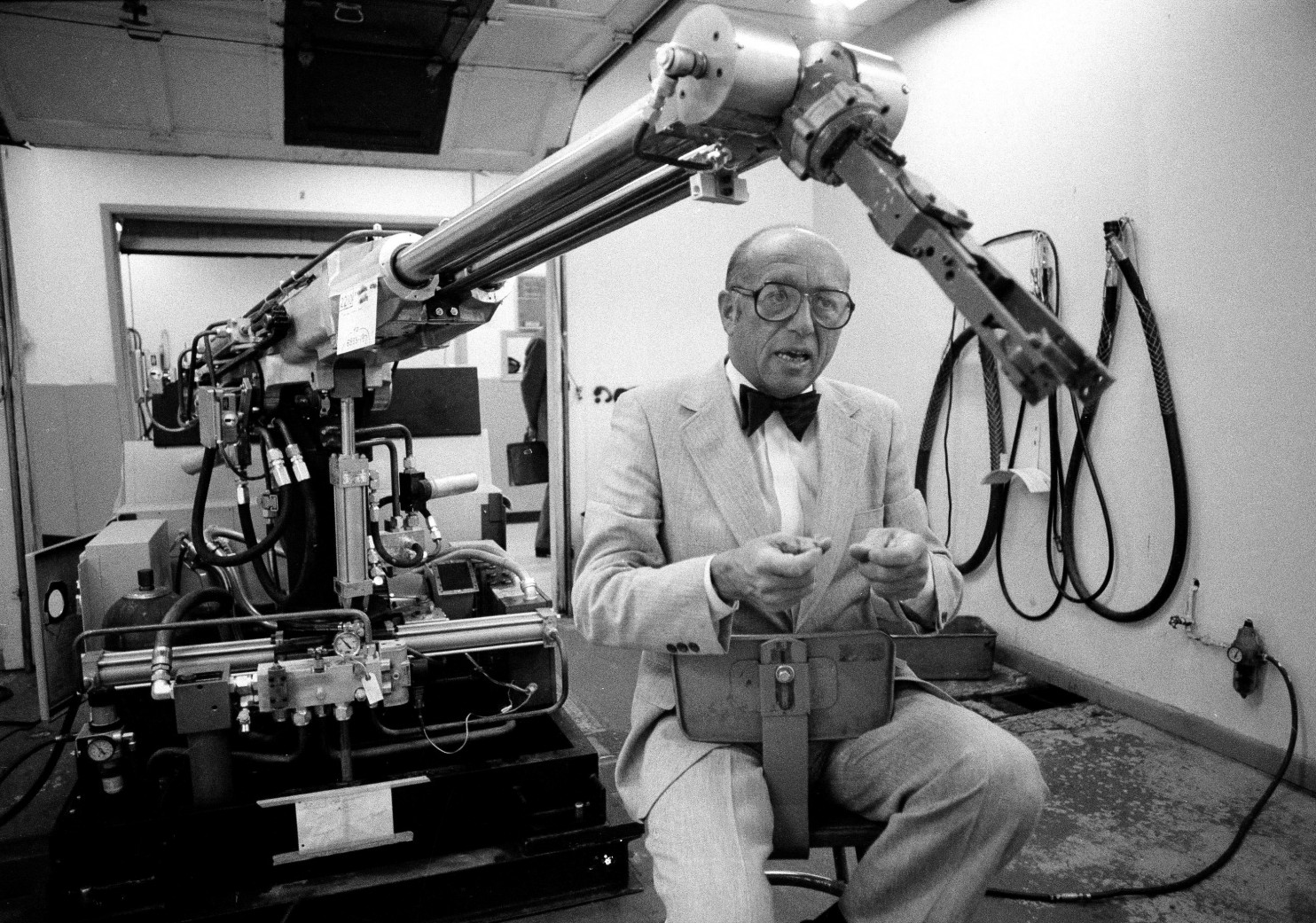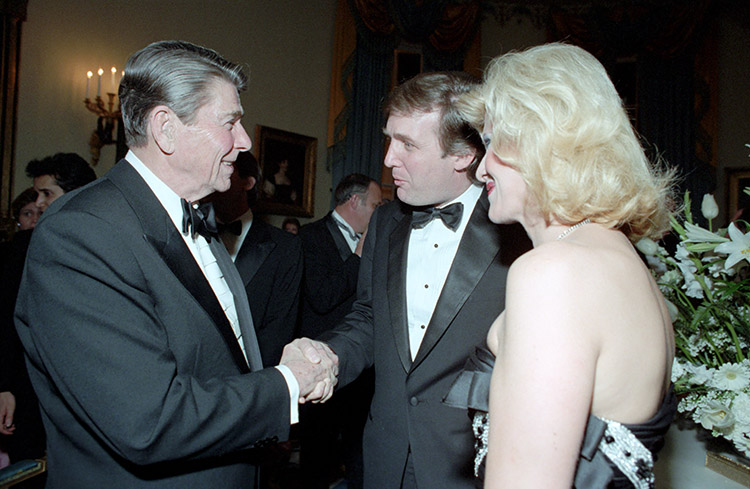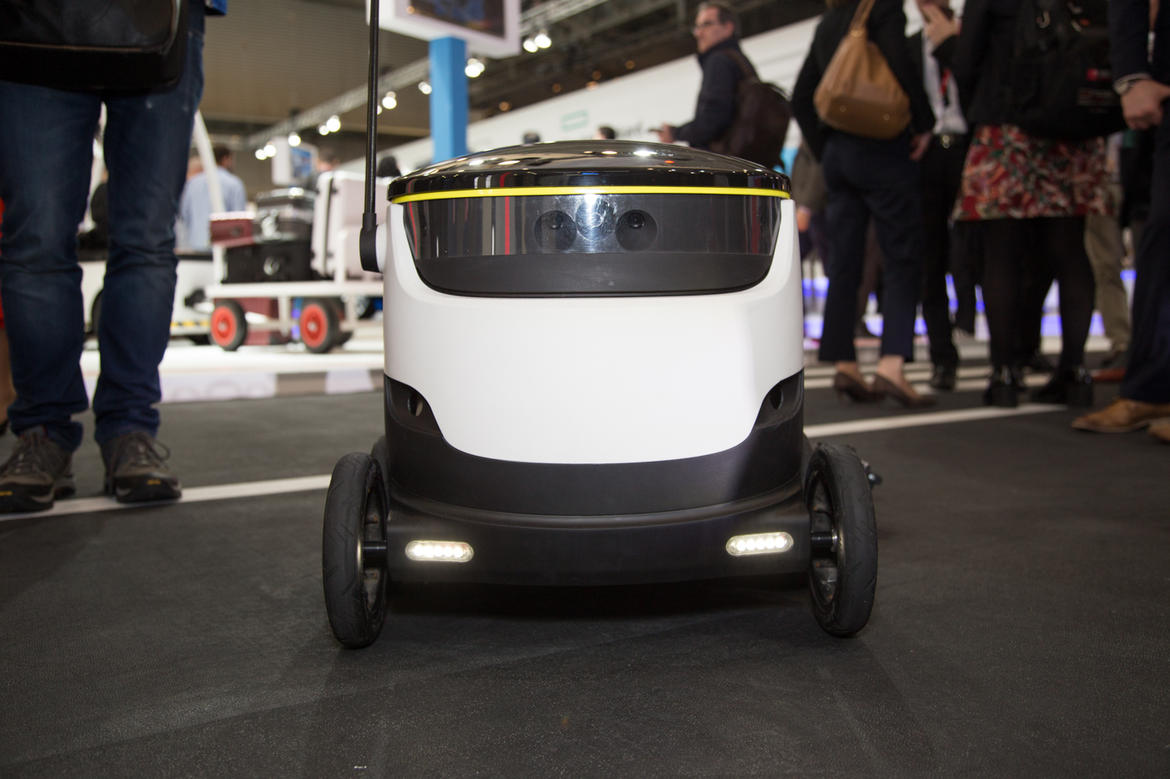Steve Case won’t be around to read his obituary, which is probably a good thing.
It would no doubt pain him that the lead will be the disastrous America Online-Time Warner merger, an attempt at synergy that wound up a lose-lose of historic proportions. Case, then the AOL CEO, bet on old media at a time when he needed to walk even more boldly into the future with the Internet. It was one step backwards, and he lost his leg.
AOL has long been done as a major player in any sector, but Case continues apace, with entrepreneurial endeavors and charitable work. Steven Levy just interviewed him about his book, The Third Wave: An Entrepreneur’s Vision of the Future, an attempt to predict what comes after Web 1.0 and 2.0. The journalist ventures into an apt topic in this insane political season: If technology has gifted us with more information than ever, why does the public seem less informed?
An excerpt:
Steven Levy:
In the book you include a very prescient statement you made after graduating college in the early 1980s about how technology would affect our lives. We have been transformed by all sorts of gadgets and networks that augment our powers. But judging from the current election process, it doesn’t seem to have made people smarter. You could even make a case for the opposite, saying people are dumber — anti-science, and more susceptible to mob thinking than they used to be.
Steve Case:
That’s fair. One of the things we felt passionate about 30 years ago was leveling the playing field so that everybody can have a voice. Back then when there were three television networks, unless you were rich and owned a printing press, you didn’t really have the opportunity to have your voice heard. Having millions of voices heard is awesome, but it gets noisy and some people are saying things that are inaccurate and not constructive and worse. There is absolutely this dynamic, of people living in a filtered bubble, hearing voices that reinforce their views and not really being exposed to the views of other people. That drives this hyper partisanship. I’m very concerned about it. We need to figure how to rebuild a center. Compromise should become a good word, not a bad word.
Steven Levy:
Has technology made it harder to find compromise?
Steve Case:
It has. In high school I wouldn’t have said this, but also sometimes to reach compromise you have to have a quiet discussion and cut a deal. When you have to have those negotiations, essentially in public, and talking points and sound bites on two-minute cable TV, things get noisier and it gets less constructive. With the current election, it is noisy and a little uncomfortable. The political process is getting disrupted.•



